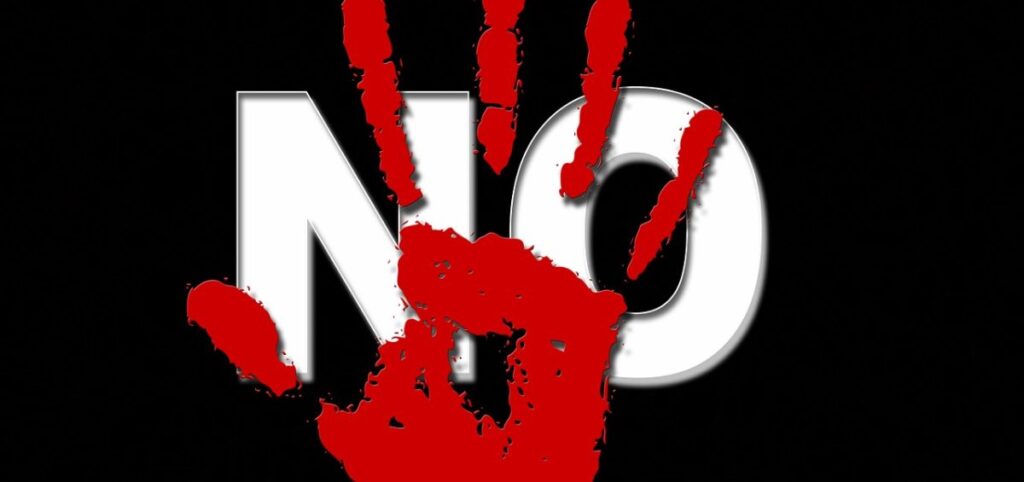RSD, Rejection Sensitive Dysphoria: 10 Spectacularly Simple Solutions
RSD: What ADHDers Can Do About Rejection Every day can feel like an uphill battle for those living with Rejection Sensitive Dysphoria (RSD). People with RSD experience intense emotional reactions to perceived or real criticism and rejection, making it difficult to regulate emotions and lead a balanced life. It’s common for those with RSD to always be on the alert for rejection, feeling rejected even when there’s no evidence of it. As a result, comments from others can be taken too personally and cause much more of an emotional reaction than intended. This heightened emotional response might also lead to feelings of failure after any setback or mistake, regardless of how small or insignificant it may seem. One can feel like they never get any respect, like Rodney Dangerfield! In addition, people with RSD often fall into comparative thinking, making them feel that everyone around them is doing better. In contrast, their own accomplishments don’t matter at all. It’s not uncommon for those living with this condition to withdraw in social situations where criticism might occur or avoid seeking compliments because they might appear too good to be true. Though these feelings can be overwhelming and challenging to manage, it is possible to find ways to cope with RSD and live a fulfilled life without fear of rejection or criticism holding you back. Talk therapy is one helpful way to identify triggers and develop strategies for dealing with them; medication may also reduce the intensity of emotional reactions associated with RSD. With the right treatment plan – and plenty of self-care! – you can find peace despite its challenges. So how do you not feel like Rodney Dangerfield even though you may have RSD? 1. Take a step back from any situation that triggers your RSD, count to 10, and try to think objectively about it. 2. Remember that failing at something doesn’t indicate your worth as a person – it just means you can find another way to reach your goal. 3. Start small and build up from there – put little pressure on yourself in social situations or when trying to complete tasks. 4. Learn how to self-soothe by practicing relaxation techniques like deep breathing and mindfulness meditation. 5. Focus on positive affirmations instead of negative ones – tell yourself that you’re capable and worthy, even if you don’t quite believe it yet. 6. Build your resilience by doing new things or challenging yourself with tasks that feel manageable but still inspiring (like trying out a new recipe). 7. Compliment yourself often – even if it doesn’t feel genuine initially, keep saying positive things until they sink in! 8. Practice gratitude – take time each day to acknowledge something good in your life, no matter how small it may seem. 9. Connect with people who understand what you’re going through – be open about how RSD affects your daily life so that others can provide support when needed (and vice versa). 10. Most importantly: treat yourself with kindness! You deserve love and respect no matter what anyone else thinks or says about you – even if that someone is you! RSD is a psychological disorder that affects how people interact with others socially. It can involve intense feelings of sadness, anxiety, self-loathing and even potential thoughts of self-harm as a result of perceived or real rejection. It’s important to know you aren’t alone in your struggles and that there are treatments available to help manage RSD. Remember, I am not a medical doctor, for medical matters, check with your MD! Dr. Get in Focus works with entrepreneurs to get in focus and skyrocket their productivity. He is always willing to have a conversation with you to see if he can help. His website is https://plusultrava.com to take advantage of his training programs. You can also order his book at https://www.getinfocusbook.com/. Don’t wait; get in focus today!
RSD, Rejection Sensitive Dysphoria: 10 Spectacularly Simple Solutions Read More »



